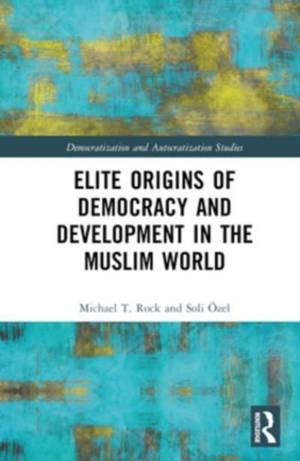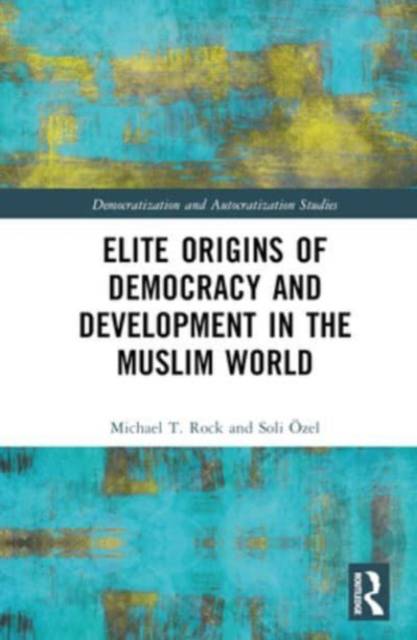
- Afhalen na 1 uur in een winkel met voorraad
- Gratis thuislevering in België vanaf € 30
- Ruim aanbod met 7 miljoen producten
- Afhalen na 1 uur in een winkel met voorraad
- Gratis thuislevering in België vanaf € 30
- Ruim aanbod met 7 miljoen producten
Omschrijving
Using an elite consensus/conflict analytical frame, this book examines why some majority Muslim countries perform so much better at democracy and/or development than others, questioning received wisdoms that Islam, authoritarianism, and underdevelopment go together. Identifying four distinct democracy and development outcomes in the Muslim world, four case studies are interrogated to show that there is more variability in democracy and development outcomes in Muslim majority countries than macro-historical studies and aggregate data have shown.
By demonstrating that democracy and development outcomes in Muslim countries are the consequence of elite conflict and elite consensus, rather than the precepts or institutions of Islam, the book places the competition for power among contending elites, rather than Islam, at the center of the story of democracy and development in the Muslim world.
This book will be of key interest to scholars and students of political development/development studies, democratization and autocratization studies, democracy promotion, and more broadly comparative politics.
Specificaties
Betrokkenen
- Auteur(s):
- Uitgeverij:
Inhoud
- Aantal bladzijden:
- 246
- Taal:
- Engels
- Reeks:
Eigenschappen
- Productcode (EAN):
- 9781032448671
- Verschijningsdatum:
- 1/12/2023
- Uitvoering:
- Hardcover
- Formaat:
- Genaaid
- Afmetingen:
- 156 mm x 234 mm
- Gewicht:
- 544 g

Alleen bij Standaard Boekhandel
Beoordelingen
We publiceren alleen reviews die voldoen aan de voorwaarden voor reviews. Bekijk onze voorwaarden voor reviews.











